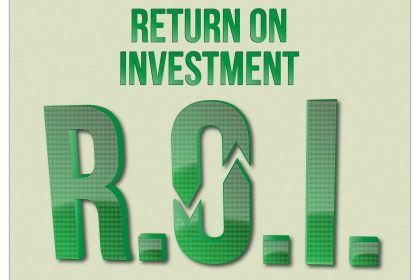By Pete Liska https://www.linkedin.com/in/peteliska/
During coach training an example was given as follows: Imagine going to a travel agent and asking them to book your vacation. The travel agent asks where you want to go on your trip. You respond with a list of places that you DO NOT want to go to and things you DO NOT want to do on your trip. How can your travel agent get you tickets without knowing where you do want to go?
The same is true with goals. How can you figure out your actions to achieve something you do not want? So if a coaching client says they DO NOT want to be stressed, the coach will ask them what they do want instead. If a client wants to keep their work day to eight hours and be calm at work, then they know a goal and can plan how to achieve it.
Coaching certification at the Center for Coaching Certifciation (CCC) also taught us how important it is that a client be working on a goal based on personal choice. For example, if a client is motivated by someone else pushing or an unwanted consequence, the effort they put into a goal is limited and short term. When a client is internally motivated then they will engage fully and are more likely to be successful.
Stephen Covey talked about being proactive. The same is true with goals. If you are waiting for someone else or something else, then you are being reactive and are likely stuck. If you figure out what is possible for you to do within your control to move forward, then you make progress.
These concepts seem so simple and as I learned during my coaching certification program, they are powerful and make a big difference.


